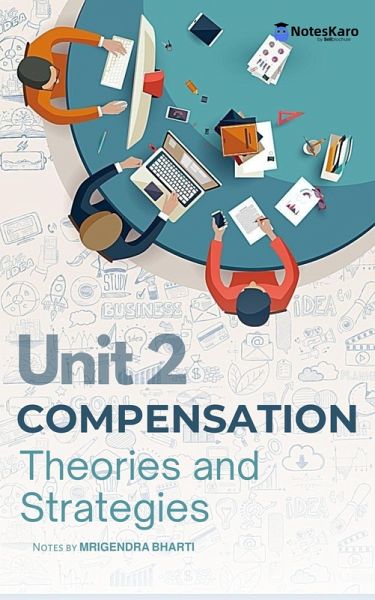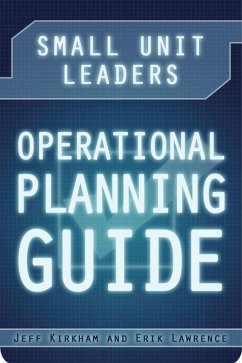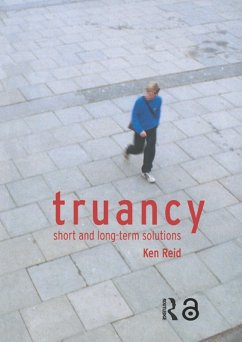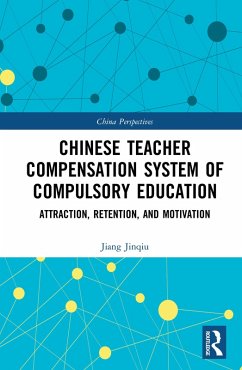
Unit 2 Compensation Theories and Strategies (eBook, ePUB)

PAYBACK Punkte
0 °P sammeln!
In the contemporary business environment, organizations are increasingly recognizing that their success hinges not only on the products or services they offer but also on the quality, engagement, and motivation of their workforce. As such, compensation strategies have evolved beyond merely providing a paycheck to encompass a more comprehensive and holistic approach known as the Total Rewards Approach. This strategy is designed to address the multifaceted needs and aspirations of employees by integrating various forms of rewards into a cohesive system that not only compensates but also motivate...
In the contemporary business environment, organizations are increasingly recognizing that their success hinges not only on the products or services they offer but also on the quality, engagement, and motivation of their workforce. As such, compensation strategies have evolved beyond merely providing a paycheck to encompass a more comprehensive and holistic approach known as the Total Rewards Approach. This strategy is designed to address the multifaceted needs and aspirations of employees by integrating various forms of rewards into a cohesive system that not only compensates but also motivates, retains, and engages talent. The Total Rewards Approach encompasses five key components: compensation, benefits, work-life balance, recognition, and development opportunities, all of which contribute to creating a compelling employee value proposition. The rationale behind this approach is rooted in the understanding that employees are motivated by a diverse range of factors, and a one-size-fits-all compensation model may no longer suffice in attracting and retaining top talent. Instead, the Total Rewards Approach offers a more personalized and flexible system that can be tailored to meet the varying needs of employees at different stages of their careers.At its core, the Total Rewards Approach seeks to align employee compensation with the broader organizational goals and objectives. This alignment ensures that the rewards system not only meets the financial and non-financial needs of employees but also drives behaviors and outcomes that contribute to the organization's success. For instance, by incorporating performance-based bonuses or profit-sharing schemes into the compensation package, organizations can incentivize employees to contribute more effectively to the company's bottom line. Additionally, the integration of benefits such as health insurance, retirement plans, and paid time off provides employees with the security and peace of mind necessary to remain focused and productive at work. Another critical aspect of the Total Rewards Approach is the emphasis on work-life balance, which has become increasingly important in today's fast-paced and demanding work environments. By offering flexible work arrangements, remote work options, and paid family leave, organizations can help employees manage their personal and professional lives more effectively, thereby reducing burnout and enhancing job satisfaction.Furthermore, recognition and rewards play a vital role in the Total Rewards system by acknowledging employees' contributions and achievements. Whether through formal recognition programs, public praise, or non-monetary rewards like extra time off, these elements can significantly boost employee morale and engagement. Equally important is the provision of development and career opportunities, which not only helps employees build their skills and advance their careers but also fosters loyalty and prepares them for future leadership roles within the organization. In essence, the Total Rewards Approach is not just about paying employees for their work; it's about creating a work environment where they feel valued, supported, and motivated to perform at their best. By integrating these various components into a comprehensive compensation strategy, organizations can build a more engaged and committed workforce that is aligned with their long-term goals and objectives. This holistic approach to compensation is not only a powerful tool for attracting and retaining talent but also a strategic lever for driving organizational performance and achieving sustained success in an increasingly competitive global marketplace.
Dieser Download kann aus rechtlichen Gründen nur mit Rechnungsadresse in A, B, CY, CZ, D, DK, EW, E, FIN, F, GR, H, IRL, I, LT, L, LR, M, NL, PL, P, R, S, SLO, SK ausgeliefert werden.













